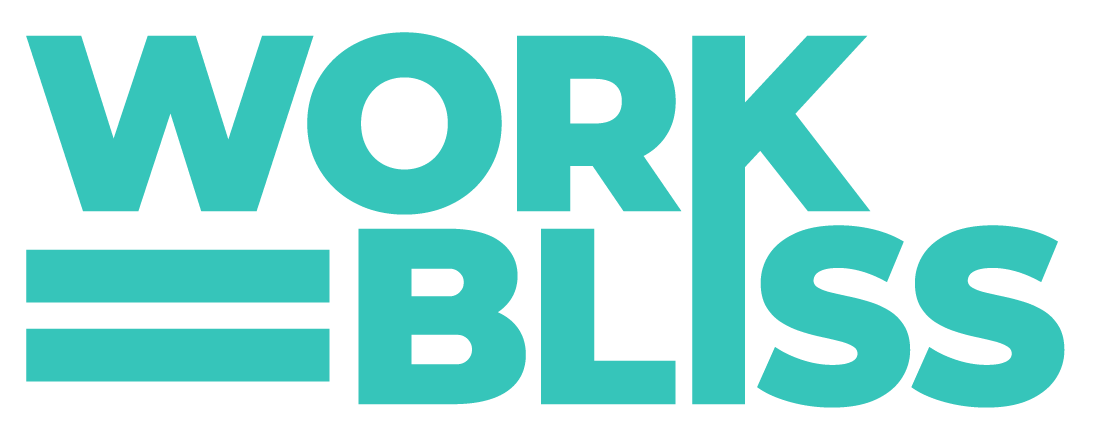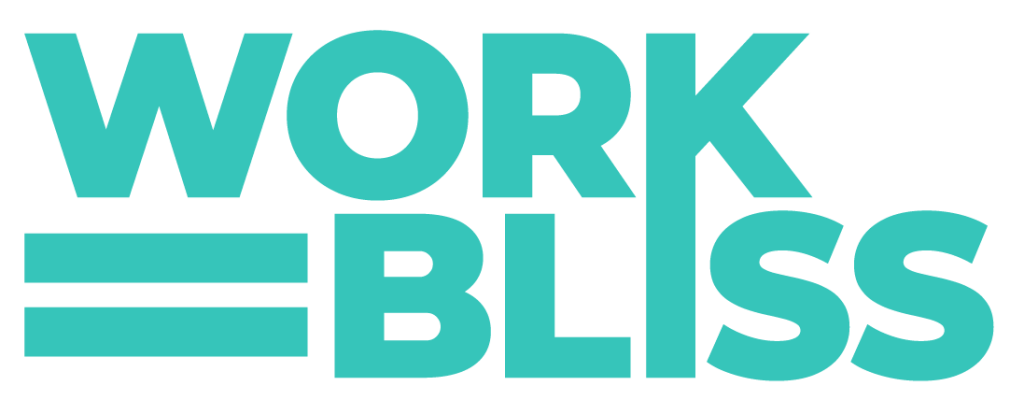Add Your Heading Text Here
As organizations expand, they face a pivotal decision of managing human resources in-house or outsourcing to industry experts. Around the 75-employee mark, this decision becomes pressing. From this, complexities like payroll, benefits, performance evaluations, and legal compliance begin to emerge. To make the most informed choice, let’s weigh out the options in this guide.
Build Your Own Team
The decision to build an in-house HR team can be a strategic move for companies seeking a customized approach. This approach begins with a competent HR manager who is capable of overseeing the many tasks of the HR department. In the initial phase, the focus is on recruiting, and as the department takes shape, the introduction of HR generalists becomes essential. These professionals wear multiple hats, from ensuring compliance to managing payroll and benefits enrollment. By building this team incrementally, companies can create an HR department that fits seamlessly into the company’s ethos and scales with its growth.
Advantages:
- An in-house HR team can be customized to align closely with the company’s culture and specific needs.
- Having an HR team onsite ensures direct oversight and management of HR functions and responsibilities.
- An internal team can rapidly address employee issues and concerns, fostering a supportive work environment.
Disadvantages:
- Building and maintaining an internal HR team can be costly, especially when hiring specialized roles.
- It requires significant time and resources to train and manage an HR team.
- A smaller, in-house team might not have the breadth of experience and knowledge that an outsourced firm can offer.
Outsource to Experts
Opting to outsource HR responsibilities can be a wise choice for businesses looking to tap into deep-rooted expertise without the overhead of an extensive in-house team. While retaining an internal strategic HR leader remains pivotal, their focus shifts to coordinating with external specialists and fine-tuning recruitment strategies. By leaning on seasoned HR firms for daily operational tasks, companies can alleviate the pressures of hands-on management.
Advantages:
- Outsourced HR firms bring industry-specific knowledge and best practices.
- Reduces the need for in-house training and management of an HR team.
- Easily adjust the level of HR support as the company grows or needs change.
Disadvantages:
- May lead to less direct influence over HR processes and decisions.
- Outsourced firms might not be fully attuned to the company’s unique culture or specific needs.
- Reliance on third parties might pose challenges if there’s a need to switch vendors or bring functions in-house.
Key Factors When Evaluating HR Vendors
If you’re leaning toward outsourcing, it’s crucial to consider several factors that can impact the success and efficiency of the collaboration. These factors include:
- Support Location: Consider where their customer support is based. Overseas support might not always offer the level of service and understanding you require.
- Pricing Model: Investigate how they charge. Whether it’s a flat fee, per-employee charge, or another model, ensure it aligns with your budget and value expectations.
- Scope of Services: Assess if the vendor addresses intricate HR responsibilities, such as multi-jurisdictional compliance instead of just covering fundamental tasks like basic payroll. The ideal vendor should possess the expertise to navigate the more demanding facets of HR management.
- Client Retention: Research their client retention rate. A lower-than-expected rate could be a red flag, indicating potential issues with service or satisfaction in this sector.
- Vendor Size and Scalability: Assess whether they have experience handling companies of your current size and future aspirations. The HR outsourcing landscape has many local providers, so ensure your chosen vendor can evolve with your growing needs.
Conclusion
There is no question that the decision between outsourcing and non-outsourcing can be confusing for midmarket companies. While an internal team offers customization options and direct control, outsourcing promises specialized knowledge and scalability. In any case, making the right choice isn’t just about immediate needs; it’s about a partnership that complements your company’s vision and future plans.



